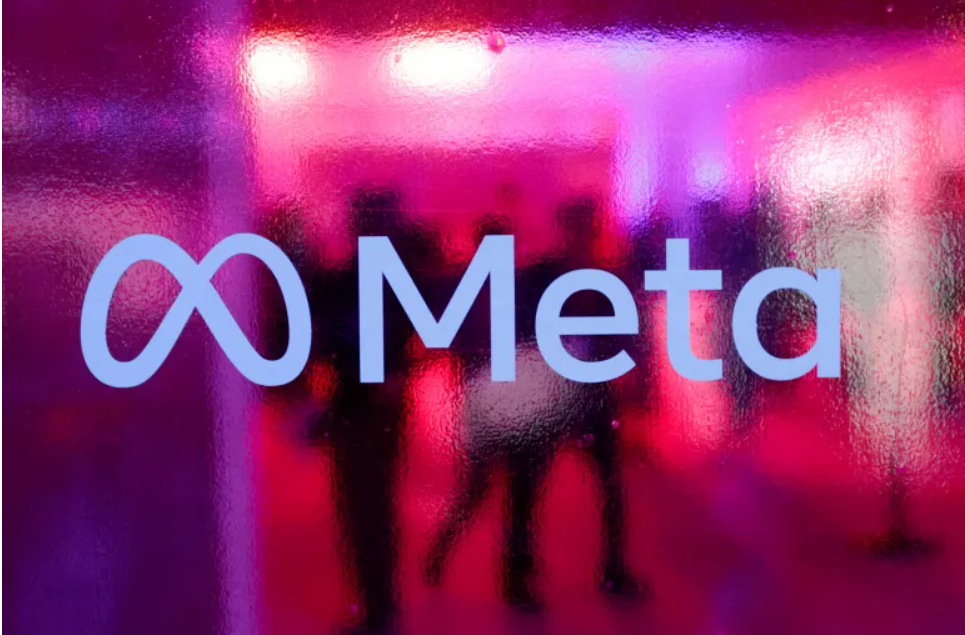(Al Jazeera Media Network) European Union regulators have opened a formal investigation into Meta for potential breaches of online content rules relating to child safety in its Facebook and Instagram platforms.
The European Commission said on Thursday it was concerned the algorithmic systems used by the popular social media platforms to recommend videos and posts could “exploit the weaknesses and inexperience” of children and stimulate “addictive behaviour.”
Its investigators will also examine whether these systems are strengthening the so-called “rabbit hole” that leads users to increasingly disturbing content.
“In addition, the Commission is also concerned about age-assurance and verification methods put in place by Meta,” the bloc’s executive arm said in a statement.
The investigation is being conducted under the Digital Services Act (DSA), a law that compels the world’s largest tech firms to enhance their efforts in protecting European users online.
The DSA has strict rules to protect children and ensure their privacy and security online.
Thierry Breton, the EU’s internal market commissioner, said on X the regulators were “not convinced that Meta has done enough to comply with the DSA obligations – to mitigate the risks of negative effects to the physical and mental health of young Europeans on its platforms Facebook and Instagram.”
In a statement, Meta said: “We want young people to have safe, age-appropriate experiences online and have spent a decade developing more than 50 tools and policies designed to protect them.”
The United States-based tech giant added: “This is a challenge the whole industry is facing, and we look forward to sharing details of our work with the European Commission.”
There is no deadline for the investigations to wrap up. Violations could result in fines that could reach as high as six percent of a platform’s global turnover or even a ban for serious and repeat violations.
Facebook and Instagram are among 23 “very large” online platforms that must comply with the DSA. Others include Snapchat, TikTok, and YouTube.
The bloc has launched a wave of investigations, including another on Meta last month over fears that Facebook and Instagram were failing to counter disinformation ahead of EU elections in June.
In February, the commission began a probe into TikTok on suspicion that the popular video-sharing app may not be doing enough to address negative effects on young people.
The EU also forced TikTok to suspend its spinoff Lite app’s reward schemes in April after warning its “addictive” nature could risk users’ mental health.


